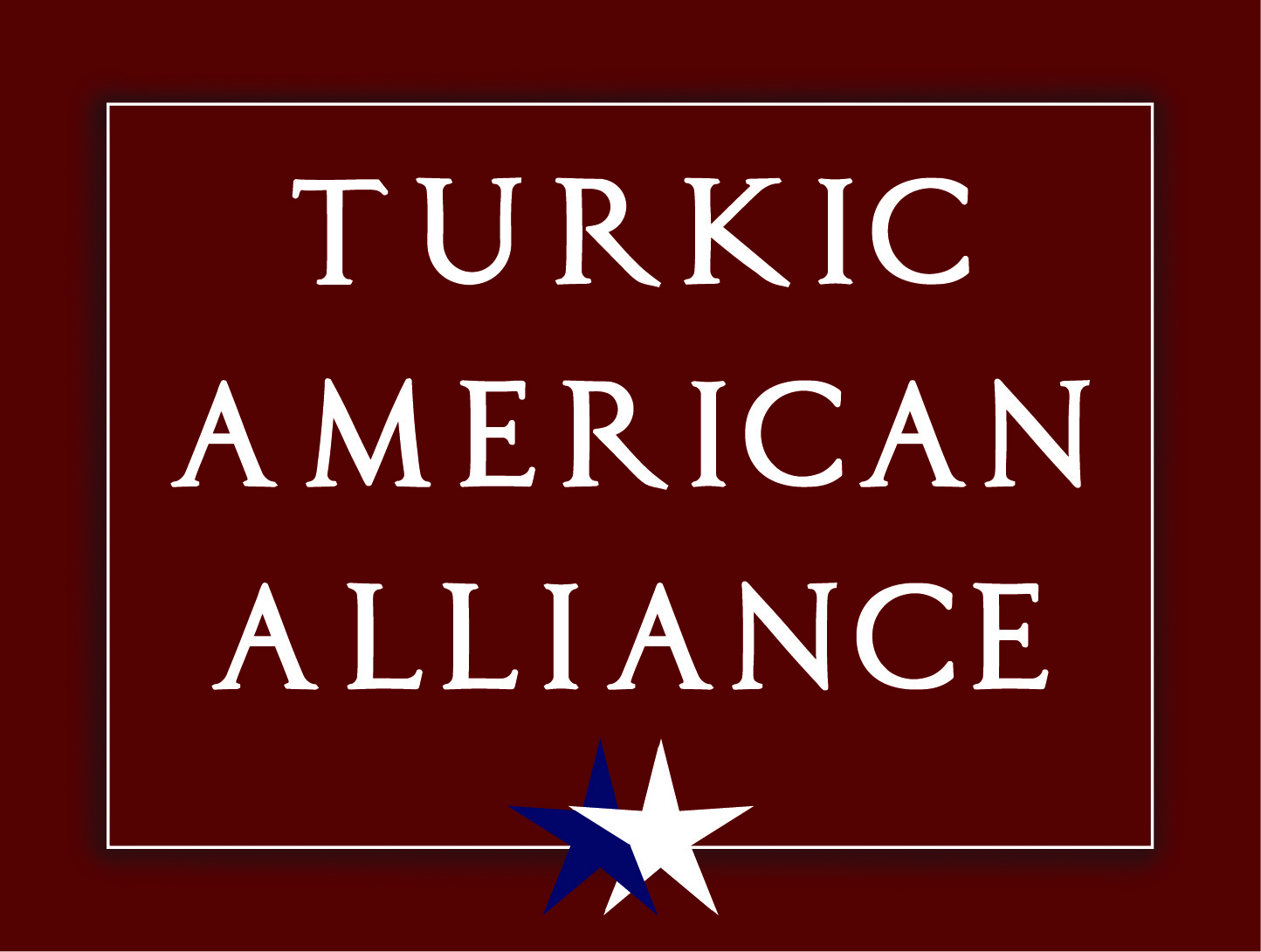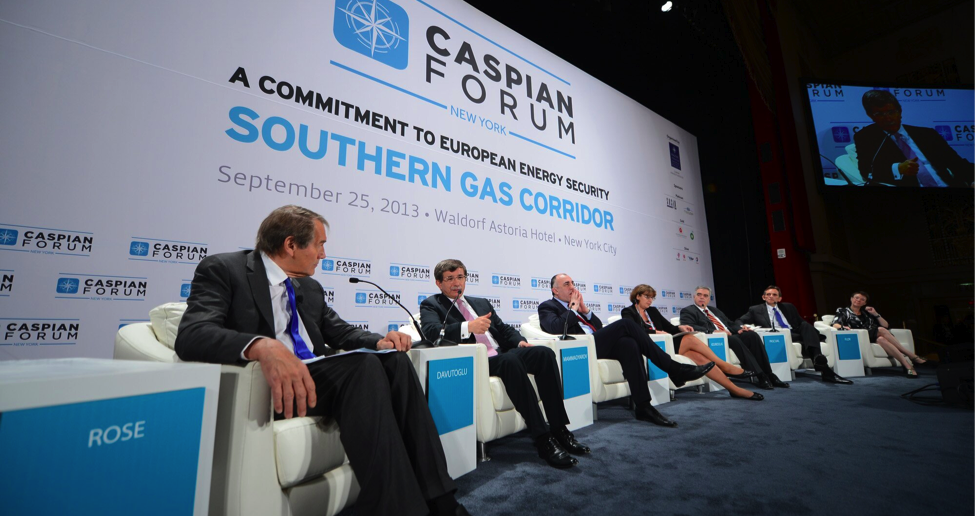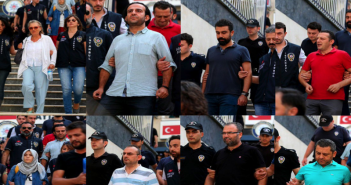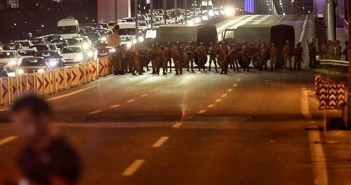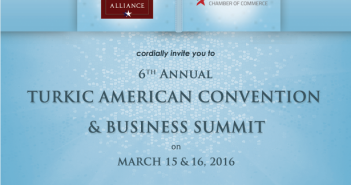On Wednesday, September 25, 2013, Turkic American Alliance member organization directors attended the Caspian Forum in New York at the Waldorf Astoria Grand Ballroom. Organized by the Caspian Strategy Institute (Hazar Strateji Enstitüsü, or HAZAR), the main focus of the Caspian Forum New York was the Southern Gas Corridor. According to Rethink Institute, the Southern Gas Corridor (SGC), which extends from Caspian and Middle Eastern regions to Europe, would provide the much-desired access of Caspian gas directly to European markets independent of Russian or Iranian control.[1] There are a variety of proposals on the table, though the most promising comes in the form of the Trans-Anatolian natural gas pipeline project (TANAP). Signed into agreement in 2011, TANAP is estimated to cost roughly $10 billion and is set to transport 16 billion cubic meters of gas each year from Azerbaijan through Georgia to Turkey and onwards to Europe.[2]
According to the Forum’s website, “the Caspian Forum is a platform that explores the economic, political, and strategic potential of the Caspian region, while defining areas of collaboration and partnership with the spirit of the win-win principle.” Furthermore, the Forum brings influential voices of the academic, business and policy world together to lay foundations for a prosperous, secure and democratic region; enhances opportunities for positive neighborly relations, facilitates mechanisms for regional integration and encourages constructive international involvement; and aims to create a space for multilateral cooperation that avoids geopolitical rivalry.
This month in New York the Forum had a full agenda and set of initiatives to discuss. They included: securing and diversifying the SGC supply of energy that will bring peace and cooperation in the region; enhancing regional transportation links to bring voluminous economic returns; building institutional capacity and developing human capital for sustainable economic and political development; and resolving “frozen conflicts” within the framework of international law.
Coinciding with the 68th United Nations General Debate, speakers of the Forum included presidents, prime ministers and foreign ministers of the Caspian and European countries who were also in town to attend UN General Assembly meetings. Specifically,
- Ahmet Davutoğlu, Minister of Foreign Affairs of Turkey;
- Elmar Mammadyarov, Minister of Foreign Affairs of Azerbaijan;
- Zlatko Lagumdžija, Deputy Chairman of the Council of Ministers and Minister of Foreign Affairs of Bosnia and Herzegovina;
- Maia Panjikidze, Minister of Foreign Affairs of Georgia;
- Vesna Pusic, First Deputy Prime Minister and the Minister of Foreign and European Affairs of the Republic of Croatia;
- Szabolcs Takács, Deputy Secretary of State of the Ministry of Foreign Affairs of Hungary;
- Carlos Pascual, Special Envoy and Coordinator for International Energy Affairs, Bureau of Energy Resources of USA;
- Nikola Poposki, Minister of Foreign Affairs of the Republic of Macedonia;
- Ditmir Bushati, Minister of Foreign Affairs of Albania;
- Patricia Flor, EU Special Representative for Central Asia, European External Action Service; and
- Dimitris Kourkoulas, Deputy Minister of Greece.
Other attendees and guests included senior distinguished members of the academic, business and policy world. Moderating was Emmy-award winning journalist Charlie Rose. Near the end of the Forum, State Oil Company of Azerbaijan Republic (SOCAR) Vice President Mr. Elshad Nasirov and SOCAR Turkey First Vice President Mr. Samir Kerimli had the honor of receiving a Forum award for their work in the field.
[1] Cain, Michael J. G., Ibrahimov, Rovshan & Bilgin, Fevzi. (2012). Linking the Caspian to Europe: Repercussions of the Trans-Anatolian Pipeline. Rethink Institute, 2012(6). Retrieved from http://www.rethinkinstitute.org//wp-content/uploads/2013/09/Linking-the-Caspian-to-Europe.pdf.
[2] Ibid.
